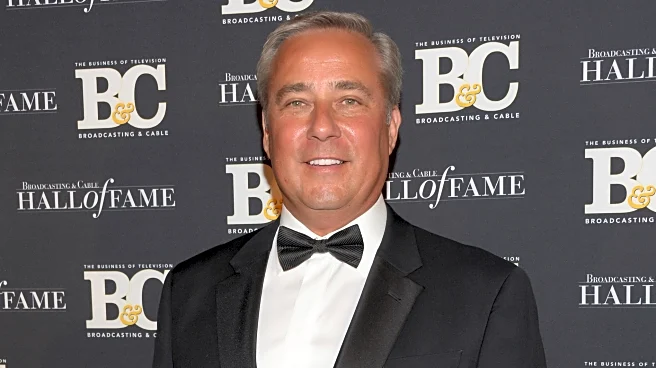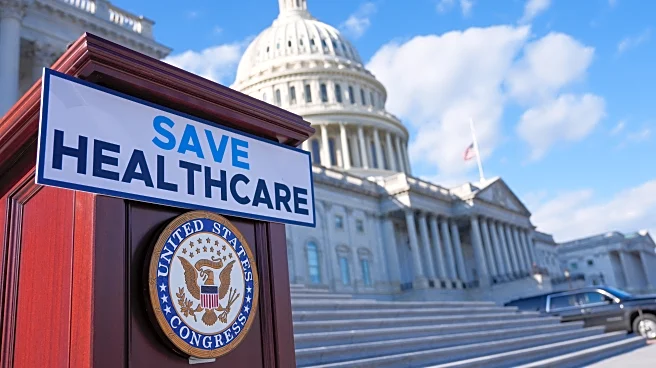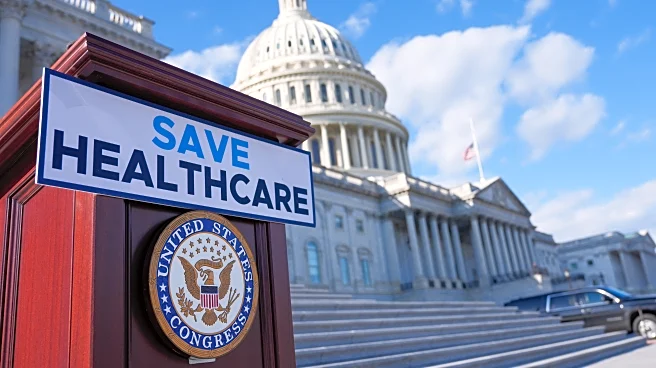What is the story about?
What's Happening?
Retailers in the United States are grappling with the effects of tariffs as the holiday season approaches. Throughout 2025, many brands have been forced to increase prices to mitigate the impact of tariffs, a move described by Target CEO Brian Cornell as a 'last resort.' Major retailers like Walmart are striving to keep prices low, but the economic challenges are mounting. According to Moody's Ratings, tariff-related price hikes and a weakening employment landscape have dampened consumer confidence, affecting spending patterns. While wealthier households continue to purchase luxury goods despite rising prices, lower-income households are focusing on essentials. Competitoor's research indicates significant price increases in high-demand segments such as mid-tier handbags and denim. As tariffs continue to influence prices, retailers catering to lower-income consumers are particularly concerned about the upcoming holiday season.
Why It's Important?
The ongoing tariff situation poses significant challenges for the U.S. retail industry, particularly as the holiday season approaches—a critical period for consumer spending. The price increases driven by tariffs could lead to reduced consumer spending, impacting retailers' revenue and profitability. Lower-income households, already prioritizing essential purchases, may further cut back on discretionary spending, affecting sales in non-essential categories. This situation could exacerbate the economic divide between wealthier and lower-income consumers, influencing market dynamics and retail strategies. Retailers must navigate these challenges carefully to maintain their competitive edge and customer loyalty, especially in a period marked by economic uncertainty.
What's Next?
Retailers are expected to continue monitoring consumer spending patterns closely, adjusting their pricing strategies to balance between maintaining margins and attracting customers. As the holiday season approaches, retailers may implement targeted promotions or discounts to stimulate demand, particularly among price-sensitive consumers. The broader economic environment, including potential changes in tariff policies or economic indicators, will play a crucial role in shaping retail strategies. Stakeholders, including policymakers and industry leaders, may engage in discussions to address the tariff impacts and explore solutions to support the retail sector during this challenging period.
Beyond the Headlines
The tariff-induced price increases highlight broader issues related to international trade policies and their domestic impacts. Retailers may need to reassess their supply chain strategies, considering alternative sourcing options or negotiating better terms with suppliers to mitigate tariff effects. Additionally, the situation underscores the importance of economic resilience and adaptability in the retail sector, prompting discussions on long-term strategies to withstand similar challenges in the future.















